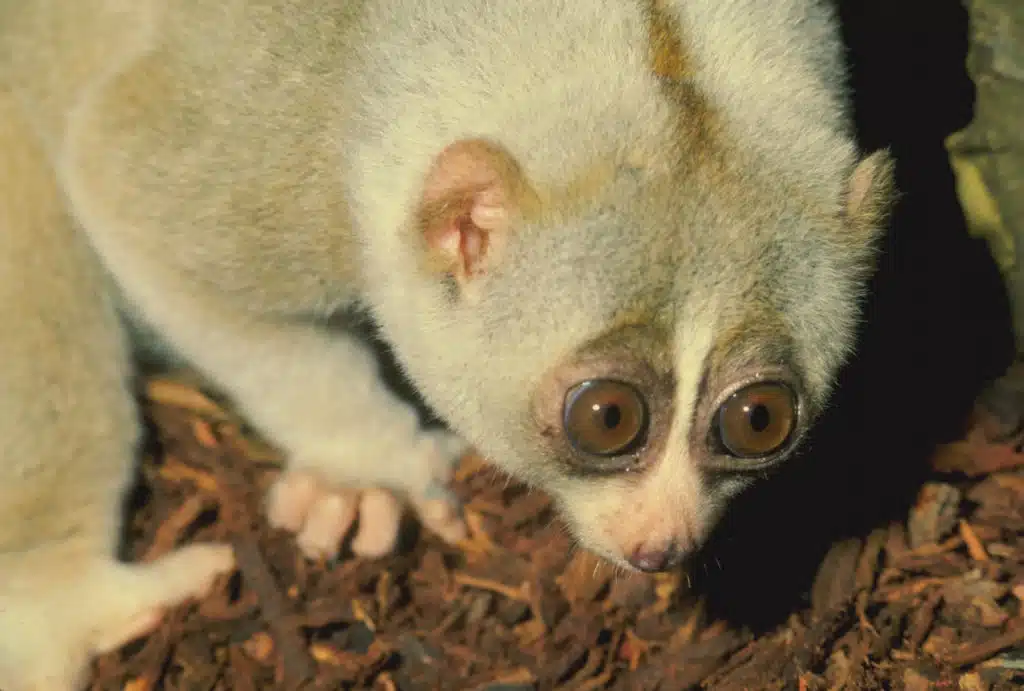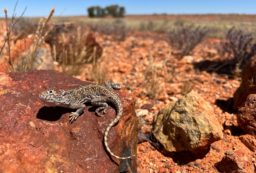Why are some males faithful, stay-at-home partners while others sleep around, with no strings attached? In mountain brushtail possums, it turns out to depend on how disturbed their home is.
Based on five years of radio-tracking mountain possums or bobucks, Dr Jenny Martin from Melbourne University’s Department of Zoology found that in neighbouring populations in northeast Victoria, male possums living in unlogged forest were promiscuous, whereas those who lived in disturbed habitat paired for life.
“Days of our Lives has nothing on this real-life soap opera” says Jenny.
The reason seemed to be a basic one-the need for food and shelter. It turned out that the key difference between the two sites was the number of hollow-bearing trees.
“Bobucks sleep in hollows that are only found in big old trees. At my first (disturbed) site, logging had removed most of these trees. The remaining few were all a long way from the wattle groves where the possums feed” she says. “At the other site, which had never been logged, there was plenty of food and shelter in the same area.”
After hundreds of hours of possum-tracking during the day and night, she was able to work out why this difference had such a drastic effect on the possums’ behaviour. In good habitat, she says, many females can live close together and do not need to spend much time travelling, so males have easy access to them. The reverse is true in disturbed areas where females occupy and travel through much larger areas.
Jenny’s study is the first to reveal the ways in which human changes to habitats can profoundly affect the social lives of marsupials.
Jenny Martin is one of 16 Fresh Scientists who are presenting their research to school students and the general public for the first time thanks to Fresh Science, a national program hosted by the Melbourne Museum and sponsored by the Federal and Victorian governments, New Scientist, The Australian and Quantum Communications Victoria. One of the Fresh Scientists will win a trip to the UK courtesy of the British Council to present his or her work to the Royal Institution.





 Fresh Science is on hold for 2022. We will be back in 2023.
Fresh Science is on hold for 2022. We will be back in 2023.